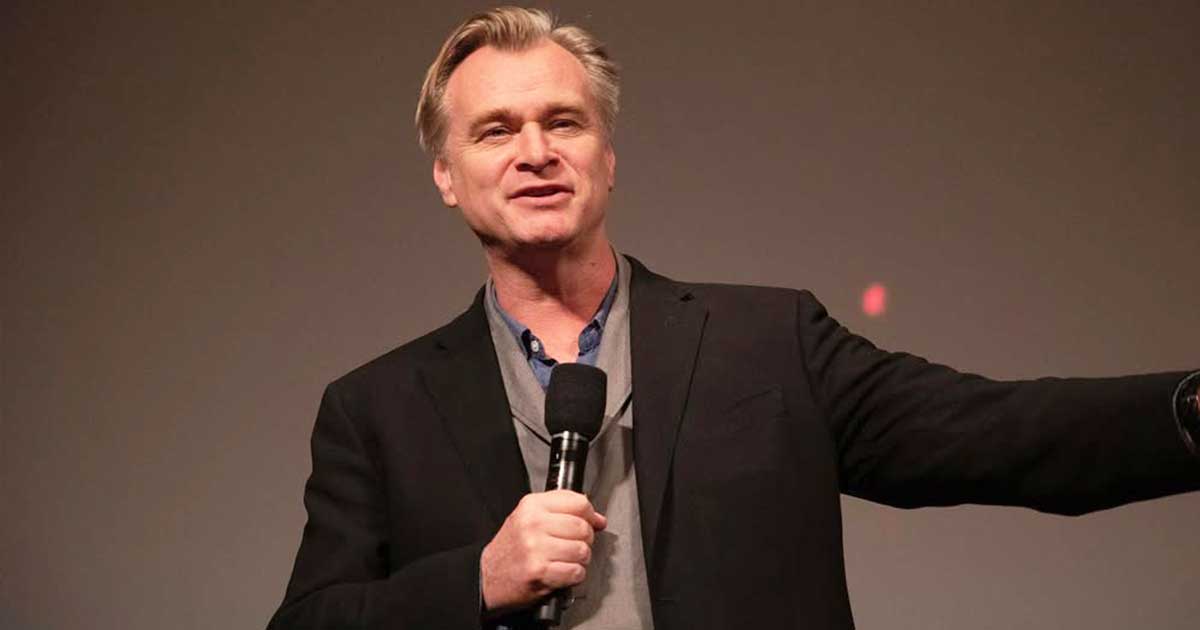New York Mets owner and billionaire investor Steven A. Cohen moves with speed and agility when it comes to investing. Cohen’s high-risk, high-reward investing approach has earned him a personal wealth of $19.8 billion.
He is the founder of the now-defunct and one of the most successful hedge funds, SAC Capital Advisors, which was charged with insider trading charges and had to repay investors $1.8 billion in penalties. Cohen faced a two-year ban on managing investors’ money.
In 2013, Cohen converted his investment operations into a family office and formally adopted the Point72 Asset Management name the following year. Years later, in 2018, the firm became a registered investment advisor and started accepting outside capital. Cohen’s ban was over by then.
At age 67, Cohen continues to run Point72 Asset Management, which has assets under management worth $41.25 billion spread across a highly diversified portfolio of 2,113 securities, according to the company 13F-HR filing for Q1. The hedge fund’s portfolio grew 10.6% in 2023.
For the quarter ended March 31, Cohen’s fund massively increased its stake in Boeing by a whopping 495.29% to own 1.35 million shares worth $260.07 million. Boeing’s stock has been battered for years as safety glitches involving its 737 MAX fleet continued to rise, giving way to several lawsuits and controversies around adherence to safety regulations.
As investigations tightened and calls for drastic changes in the leadership mounted, CEO Dave Calhoun, board chairman Larry Kellner, and Commercial Airplane division CEO Stan Deal had to step down. Calhoun will leave by year-end, and Kellner won’t contest reelections this year. Deal’s exit was immediate.
Looking at Cohen’s trades for Boeing over the past few quarters, you will find that he bought over a million shares in Q3 2023 and sold about the same numbers in Q4. Last quarter, he increased his stake in Boeing again. There could be several reasons behind the latest trade.
Starliner Launch Successful, Boeing Cuts Down 737 Production
Yesterday, Boeing successfully launched its CST-100 Starliner spacecraft to mark its maiden human flight to space after multiple failed attempts.
Meanwhile, Calhoun announced drastic changes in the Q1 earnings release and attributed the GAAP loss per share of $0.56 on $16.56 billion quarterly sales to lower commercial aircraft delivery volumes. The revenue marked an 8% year-over-year (YoY) drop from $17.92 billion.
He noted that “immediate actions” have been taken to “slow down 737 production” to below 38 per month for quality enhancements, and the company “will take the time necessary to strengthen” its safety management systems. The management believes these steps would prepare them for a “more stable future.”
While Boeing currently has a backlog of over 5,600 aeroplanes, valued at $448 billion, revenues from its defence and space segments increased 6% YoY in Q1 to $6.9 billion as it secured contracts to design and upgrade aircraft for the US Navy, the German Navy, and Royal Canadian Air Force. The stock has returned over 6% in the last 30 days.
While the mysterious deaths of whistleblowers further marred Boeing’s image, Boeing’s outlook remains bleak as more whistleblowers emerge.
Cohen’s Fresh Position in Chipmaker
Point72 opened a new position in Broadcom after offloading the stock entirely in Q4 2023. Last quarter, Cohen bought 470,365 shares of the tech leader worth $623.42 million, making Broadcom the second largest stock in his portfolio, with a 1.81% exposure.
The bet on Broadcom comes after the company acquired VMware and continues to witness high demand for networking chips in AI data centres. For the quarter ended February 4, the chipmaker posted a 34% YoY increase in revenue to $12 billion and approved a quarterly cash dividend of $5.25 per share.
Broadcom also inked deals with Google’s TPU v7 AI chip program and the Meta Platform third-generation AI chip (MTIA 3). JPMorgan analyst Harlan Sur reiterated an overweight rating on the stock.
He believes Broadcom is currently the top AI semiconductor supplier worldwide after Nvidia, and its deal with the Google TPU program could generate over $8 billion in revenues this year.
President and CEO of Broadcom, Hock Tan, also reiterated the company’s FY24 guidance for consolidated revenue of $50 billion. Meanwhile, company CFO Kirsten Spears highlighted paying down $3 billion in debt year-to-date. Broadcom will likely continue paying down more debt in the remainder of this year.
Disclaimer: Our digital media content is for informational purposes only and not investment advice. Please conduct your own analysis or seek professional advice before investing. Remember, investments are subject to market risks and past performance doesn’t indicate future returns.







